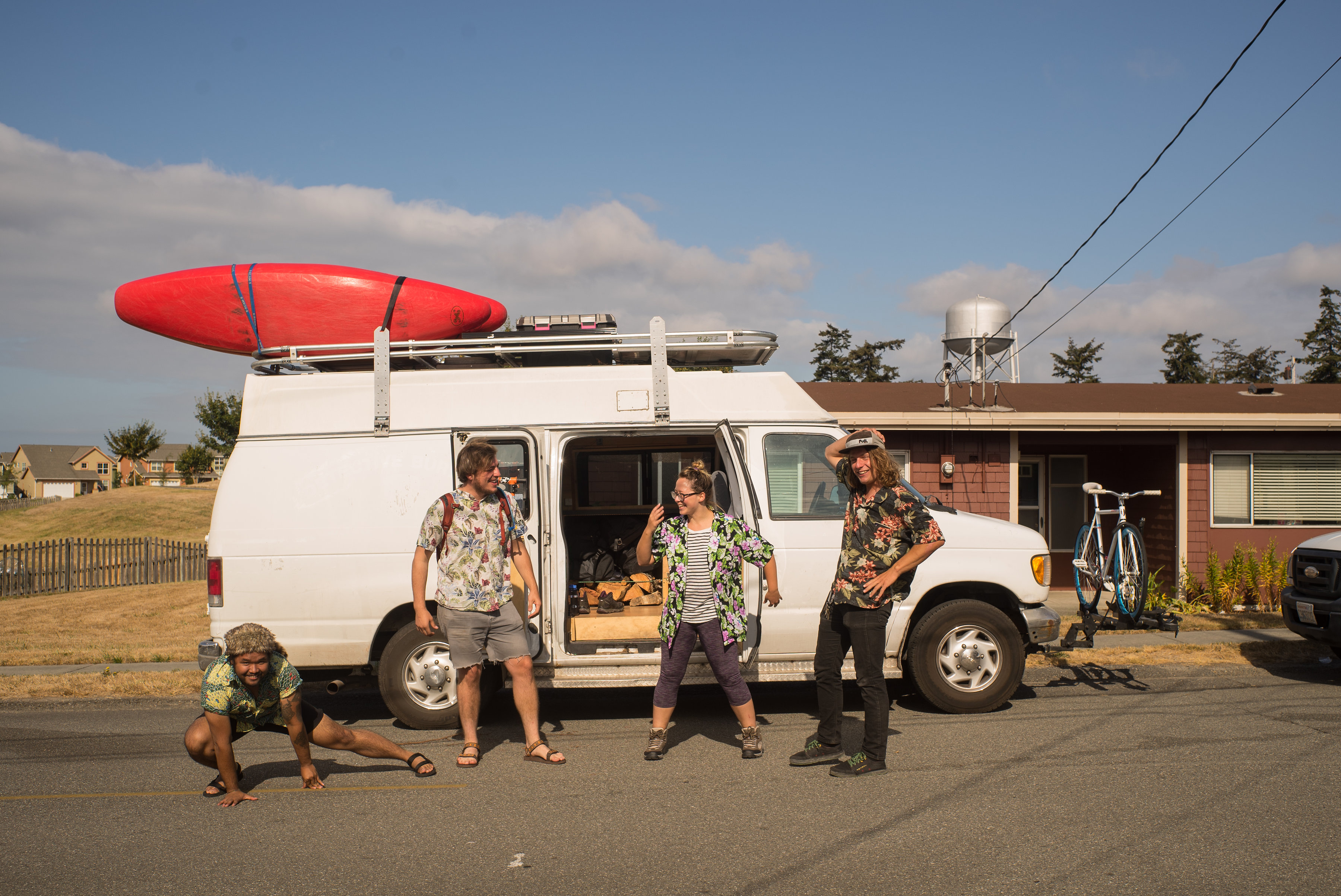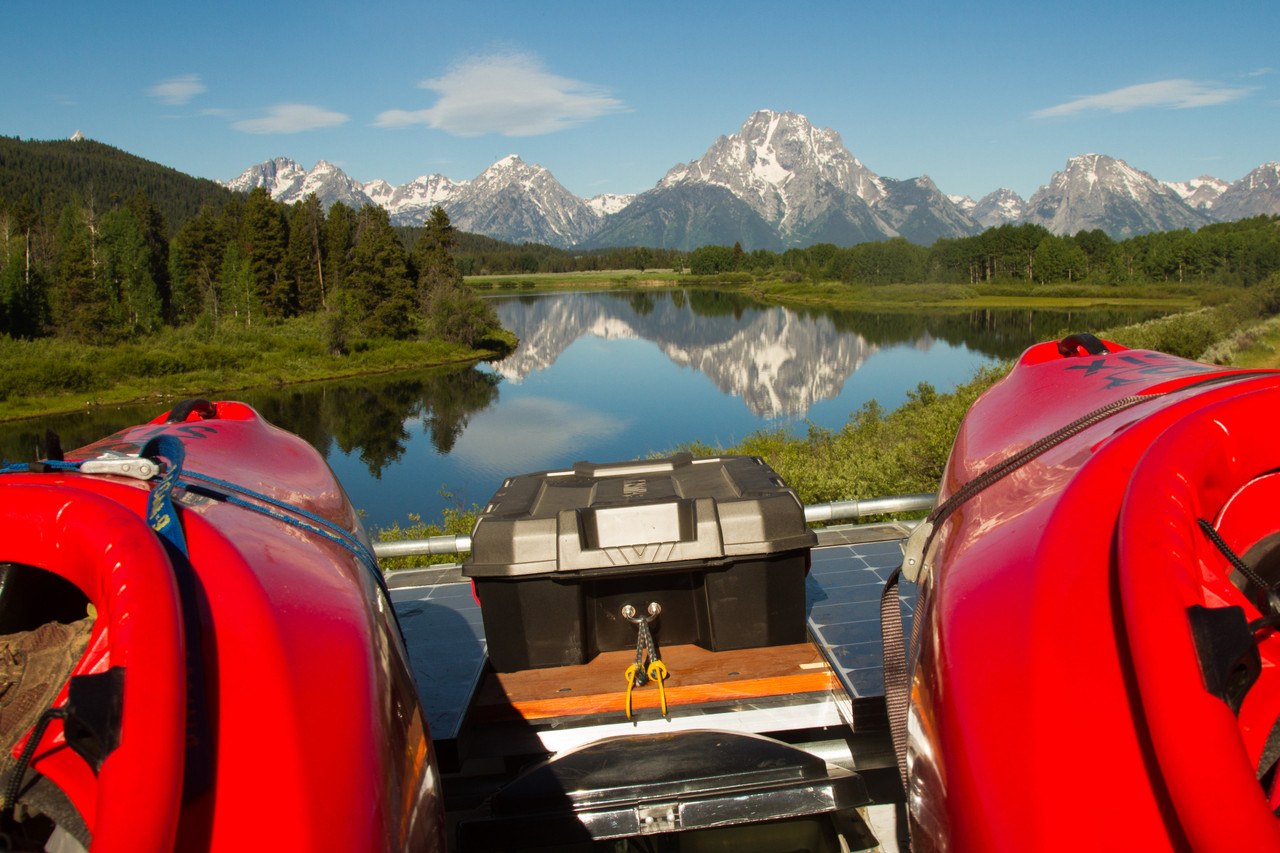A Guide to Solar Panels for Beginners
By now, everyone is familiar with the various forms of alternative energy available on the market, including solar panels. Solar panels harness power from the sun, which also gives us the light and warmth we need to survive on earth. According to the National Renewable Energy Laboratory, “more energy from the sun falls on the earth in one hour than is used by everyone in the world in one year.” This means we have all the energy we need – we just need to understand how to harness it.

What Is Solar Power?
Solar power systems use what is called the photovoltaic effect by converting sunlight into usable electricity. Once converted, we can power everything from the telly to the kettle.
Even though the sun doesn’t seem to favour the UK on most days, it is still possible to utilise solar panels in places like Glasgow, Preston, and Belfast. Plus, in recent years, researchers at the University of Sheffield determined the UK’s sun levels are actually increasing.
So while the UK may not be the best and brightest place to depend on a solar energy system to produce electricity, it may surprise you how reliable this alternative energy option can be.
What Are the Parts of a Solar Energy System?
Solar panel systems will function safely and efficiently using four main components:
- Solar panels: collect the energy from the sun
- Charge controllers: regulate the energy between the panels and batteries
- Inverters: inverts collected energy from direct current (DC) to alternating current (AC)
- Batteries: store the accumulated energy for later use
If you plan on using a solar energy system while off the grid, having enough batteries to store energy is essential. Even if it’s a sunny day and your solar panels absorb plenty of rays, you’ll quickly lose it if there is nowhere to store it.
What Are the Pros and Cons of Solar Panels?
Just like any energy system, solar panel kits will have their advantages and drawbacks.
Pros
Here are some of the most beneficial aspects of installing home solar panel kits.
Lower Electric Bills
Even with a simple setup, your solar power system can noticeably lower your electricity bill each month. In fact, you could even get that bill down to nothing by using our solar panel calculator to determine how much solar energy your home would need to continue operating as it does now.
Renewable
The energy we harness from the sun is renewable, meaning it will not run out as coal and oil will someday. The only thing that would stop us from using solar panels as an energy source is if the sun explodes, and in that case, we’ve got more problems on our hands than charging our mobiles.
Off-Grid Power
For those not directly connected to the grid, solar power is a viable option for energy access. For example, someone looking for tiny home solar energy can travel freely and not worry about always connecting to the grid. Solar power also opens up opportunities for individuals looking to live more remotely but still enjoy modern comforts like hot water and the internet.
Increased Property Value
A home with solar panels can sell for up to 4% more than one without a solar power system. Plus, properties that were previously undeveloped due to no power source can now become renewable havens.
Cons
The benefits of solar energy are pronounced, yet they do still come with some disadvantages.
High Upfront Cost
Even small solar panel kits don’t come cheap, at least not yet. As the technology improves and solar manufacturers find ways to make them even more efficient, the price of solar panels is going down. But purchasing all the necessary parts and properly installing solar panels adds to the hefty upfront cost. Luckily, this expense is offset over time, with some solar energy systems covering their own costs within seven years.
Spacing/Storage
Depending on your situation, it may be challenging to find the best spacing and storage for your solar panel system. You’ll need enough square metres on your roof or side of your building for the panels themselves, which can be a few metres wide and tall.
Additionally, your property needs somewhere safe to store the inverter and batteries. Also, over-dependence on batteries will make it more difficult to achieve your return on investment.
Weather
We don’t all live in Portsmouth and Cardiff, where the sun shines more than anywhere else in the UK. If you live somewhere with a high percentage of overcast days, it may be more of a struggle to utilise your solar panels effectively. However, solar panels can still absorb energy on cloudy days.
On a positive note, the notorious UK rains are beneficial to solar panels as the water gives them a nice cleansing shower, allowing them to function more efficiently.
What Are Solar Panels Made of and How Do They Work?
The answer to this question really depends on the type of solar panel you plan on using. There are two types of solar panels: monocrystalline and polycrystalline.
You can spot monocrystalline solar panels because of their very dark, almost black colour. Polycrystalline solar panels, on the other hand, have a light blue shade to them. Their colour is not the only difference, of course. Monocrystalline solar panels have a higher efficiency rating in most cases, but they are also more costly.
No matter which type of solar panel you choose, it’s helpful to know how these solar technologies work. Each solar panel has multiple solar cells, each with a thin film of crystalline silicon. Each cell also has layers that are positive and negative, creating an electric field. This electric field is what makes the electric current, which passes through your system.
Once the electric current goes through the system’s wires, you can turn on the lights, run the fridge, and charge your devices.
How Long Do Solar Panels Last?
When you use a certified solar installer to do it properly, a solar panel system can easily last 30 to 35 years without much maintenance. One vital thing to keep in mind, though, is that your current roof may not have that many years left on it.
If your roof is about due for a replacement, it might be wise to do that first and then go about installing solar panels. If your roof is new or likely has at least another 30 years to go, you don’t have to worry.
What Are the Types of Solar Panels on the Market?
The most common type of solar panel is roof-mounted panels, but those are not your only option. There are also ground-mounted solar panels if your property has the space for them. They are easier to clean and maintain than roof-mounted panels, and they can be installed at various angles.
There are also rigid solar panels and flexible solar panels. Rigid panels are best for standard rooftops, while flexible solar panels are useful on RV rooftops or other spaces that may have weight limitations.
There are even portable solar panel kits for people looking to move their systems around with them as the need arises.
Summing It Up
In short, renewable, high-efficiency solar energy is here to stay. Even in places like dreary England, it’s possible to benefit from solar panel installations. There are a lot of options out there to choose from, so it’s best to consider your property’s needs and your desires before making a decision. With so many excellent solar options to choose from, no matter what model you decide on, you won’t regret it!






